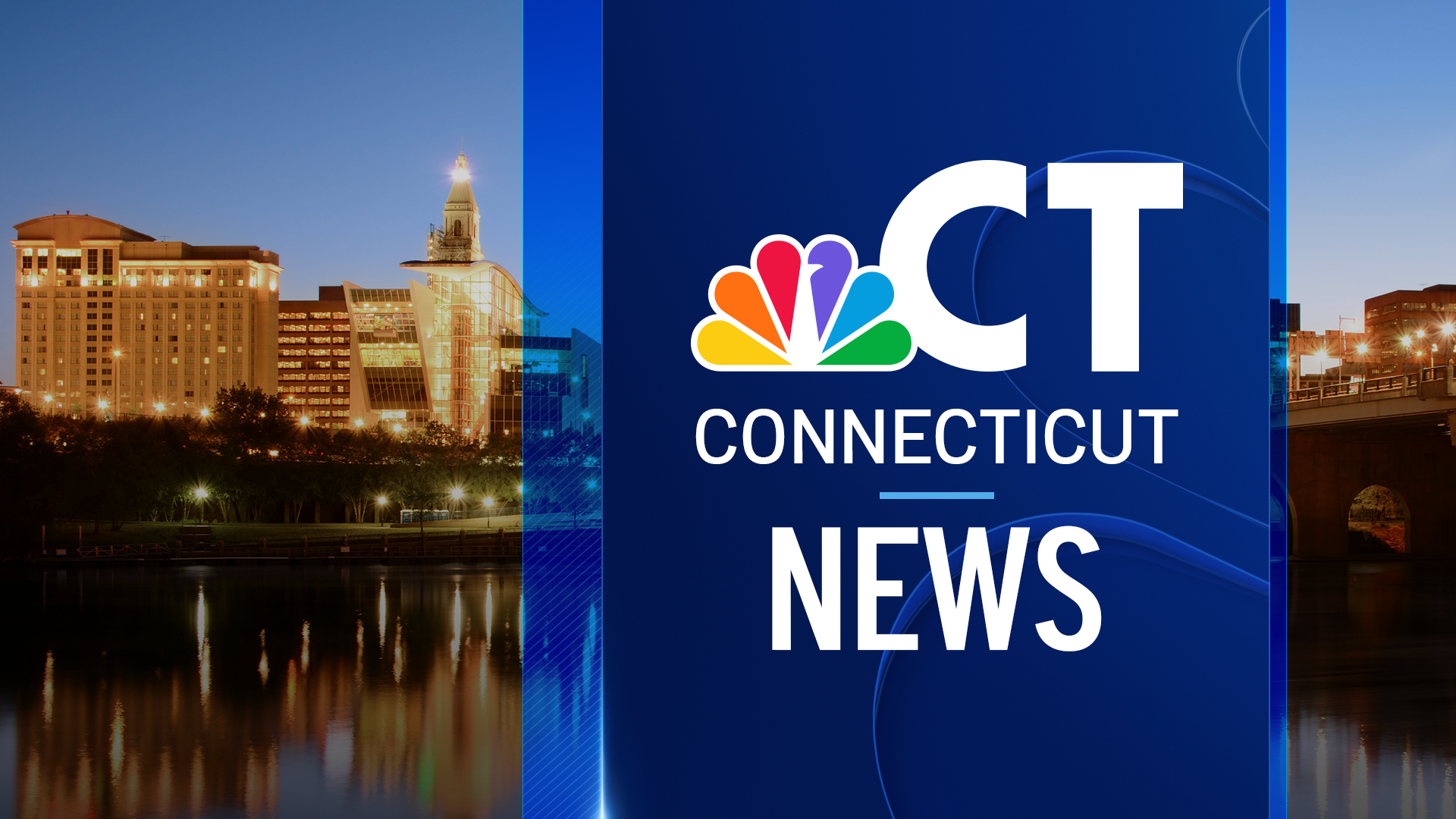Connecticut Gov. Dannel Malloy signed an executive order on Monday barring state spending on travel to Indiana and any other state enacting legislation that protects religious freedoms but ultimately discriminates against gays and others groups.
Malloy, the incoming chairman of the Democratic Governors Association, called Indiana's new religious objections law "disturbing, disgraceful and outright discriminatory."
"We cannot sit idly by and do nothing while laws are enacted that will turn back the clock," Malloy said, adding how he "won't allow any of our citizens in Connecticut to face discrimination in other states, at least without a fight."
The Indiana measure prohibits state laws that "substantially burden" a person's ability to follow his or her religious beliefs. The definition of "person" includes religious institutions, businesses and associations. The proposal has prompted businesses and organizations across the country to cancel future travel plans to Indiana and table expansion plans.
When new laws turn back the clock on progress, we can’t sit idly by. We are sending a message that discrimination won’t be tolerated. -DM
— Governor Dan Malloy (@GovMalloyOffice) March 30, 2015Republican Gov. Mike Pence signed the measure last week and defended it during a television appearance on Sunday. Indiana's Republican legislative leaders said Monday they are working on adding language to make it clear it doesn't discriminate against gays and lesbians.
"I don't think we've ever seen a reaction like this to the laws passed historically in the other states or when the federal government did it," said Indiana Senate President Pro Tem David Long. "Clearly people are reacting differently to this law. We didn't see that coming."

Malloy said he'd prefer the legislation be repealed. Furor over the law stems in part from the fact Indiana's civil rights laws don't ban discrimination based on sexual orientation.
Malloy's one-page order directs all state agencies, departments, boards and commissions, UConn and the Board of Regents to immediately review all requests for state-funded or state-sponsored travel to states that "create the grounds for such discrimination." Such travel would be barred unless it's necessary to enforce state law, meet contractual obligations or protect public health.
Malloy's order could affect Connecticut's collegiate sports teams.
Local
Next year, the NCAA Final Four women's basketball tournament will be held in Indianapolis. Malloy said he hopes the NCAA moves the tournament. UConn has been a perennial power in women's basketball.
"I think that would be a wise choice for them to do, if that's possible," he said. "We have gay men and women who play NCAA sports. And to hold a tournament in a state that has passed, and really quite frankly has flaunted laws that would lead to discrimination against those athletes, is not a wise place to have a tournament."
UConn Athletic Director Warde Manuel told The Associated Press he hopes a boycott won't be necessary.
"I would hope that the NCAA and the state of Indiana would rectify this so that a group of people don't have the potential to be discriminated against and that the Final Four can remain there," he said. "If it doesn't change, then I would encourage the NCAA to look to move the venue so that we wouldn't get into a situation where any institution would have to consider that kind of choice."
Manuel said a decision will be made tomorrow on whether UConn men's coach Kevin Ollie will attend this week's coach's convention in Indianapolis, which is also hosting this year's men's Final Four this weekend.
Socially conservative groups accused Malloy of not understanding that Connecticut also has a freedom of religion statute, similar to what was enacted in Indiana. But Malloy stressed that Connecticut law does not allow religion to be a basis for discrimination.



